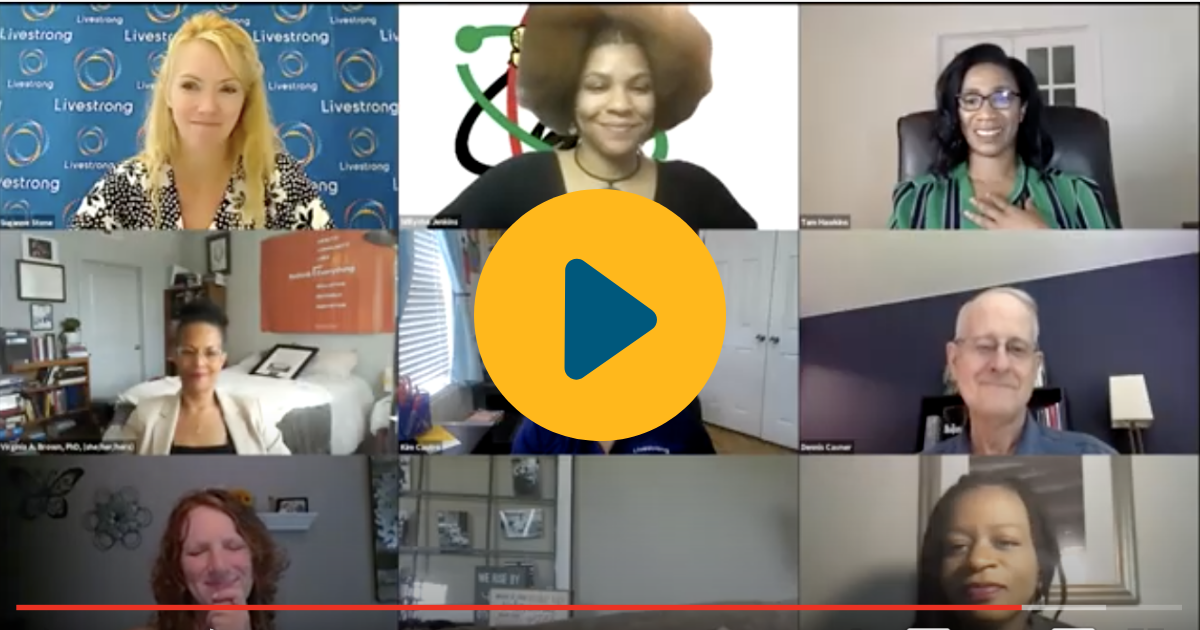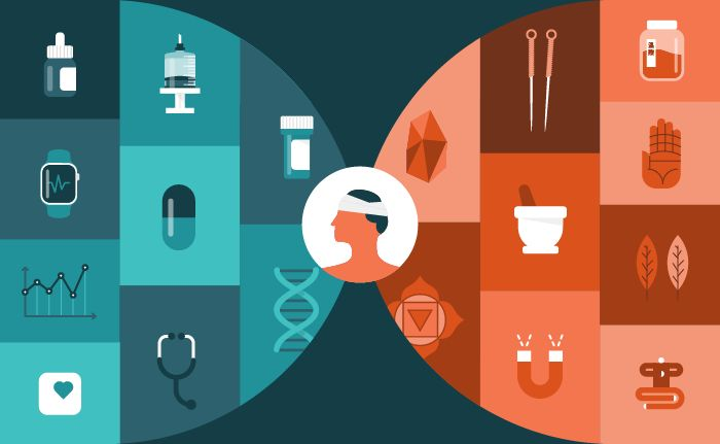The Livestrong Loop - June 2021
Livestrong <Livestrong@livestrong.org> Unsubscribe |
| | | |
|
 | | June 2021 |
|  |
|---|
|
|  | | Icon EQ - Equity in Cancer Care | On Friday, June 25, we gathered virtually for the second annual Livestrong Icon EQ, where we discussed how Digital Literacy + Building Trust Through Technology can be used to foster equity in cancer care. One of the session's highlights was the opening session with Black Cancer podcast host, TED Talk speaker and keynote, Jodi-Ann Burey. |
| |  |  | LEGACY |  |
| |
|  | | Let the Countdown Begin | An epic month of clocking miles, fundraising and making life-long friends starts TOMORROW! It's not too late to join our team for Livestrong's Virtual Ride Across Iowa. Registration is free - and you can participate from anywhere. |
|  | "As on my previous rides in person or virtually with Team Livestrong, I continue to ride for: family, friends, and acquaintances traveling down the cancer road now, survivors and survivorship issues, caregivers, those we’ve lost to cancer, and those yet to begin their cancer journey." - Susan Williams, 2021 Livestrong's Virtual Ride Across Iowa Participant | |
|
|
|  |  | COLLABORATION |  |
| Do You Love New York? Us Too! |
|
| | Two Events, Endless Options | |  | Both events feature exciting incentives and the opportunity to truly make a difference in the lives of those we serve. No matter which event you choose, your fundraising efforts ensure we can continue to support survivors today. | |
|
|
|  |  |  | SOLUTIONS |  |
| |
|  | A "New" Old Avenue to Consider:
Complementary + Alternative Therapies | Today, approximately 40% of survivors in the United States use at least one complementary or alternative therapy during their cancer journey. While there is growing interest in these therapies' effectiveness in cancer treatment and side effect management, it is important to educate yourself on your options. |
| |  |  |  | | Now - Dec 31, 2021 Ireland Running Experience | Virtual | Register Now Jul 1-31, 2021 Virtual Ride Across Iowa | Virtual | Register Now Aug 14, 2021 Leadville Trail 100 MTB | Leadville, CO | Registration FULL! Aug 22, 2021 TD Five Boro Bike Tour | New York City, NY | Register Now Sept 26, 2021 BMW Berlin Marathon | Berlin, Germany | Register Now | | Oct 10, 2021 Bank of America Chicago Marathon | Chicago, IL | NEW SPOTS AVAILABLE! Oct 17, 2021 Livestrong Challenge | Austin, TX | Register Now Oct 24, 2021 KBC Dublin Marathon | Dublin, Ireland | Register Now Nov 7, 2021 2021 TCS New York City Marathon | New York City, NY | Register Now Anytime! DIY Fundraising | Create YOUR Fundraiser |
|---|
|
| | Always Be in The Loop - Follow Us on Social! | |  |  |
|
| |
|
|
|
|



